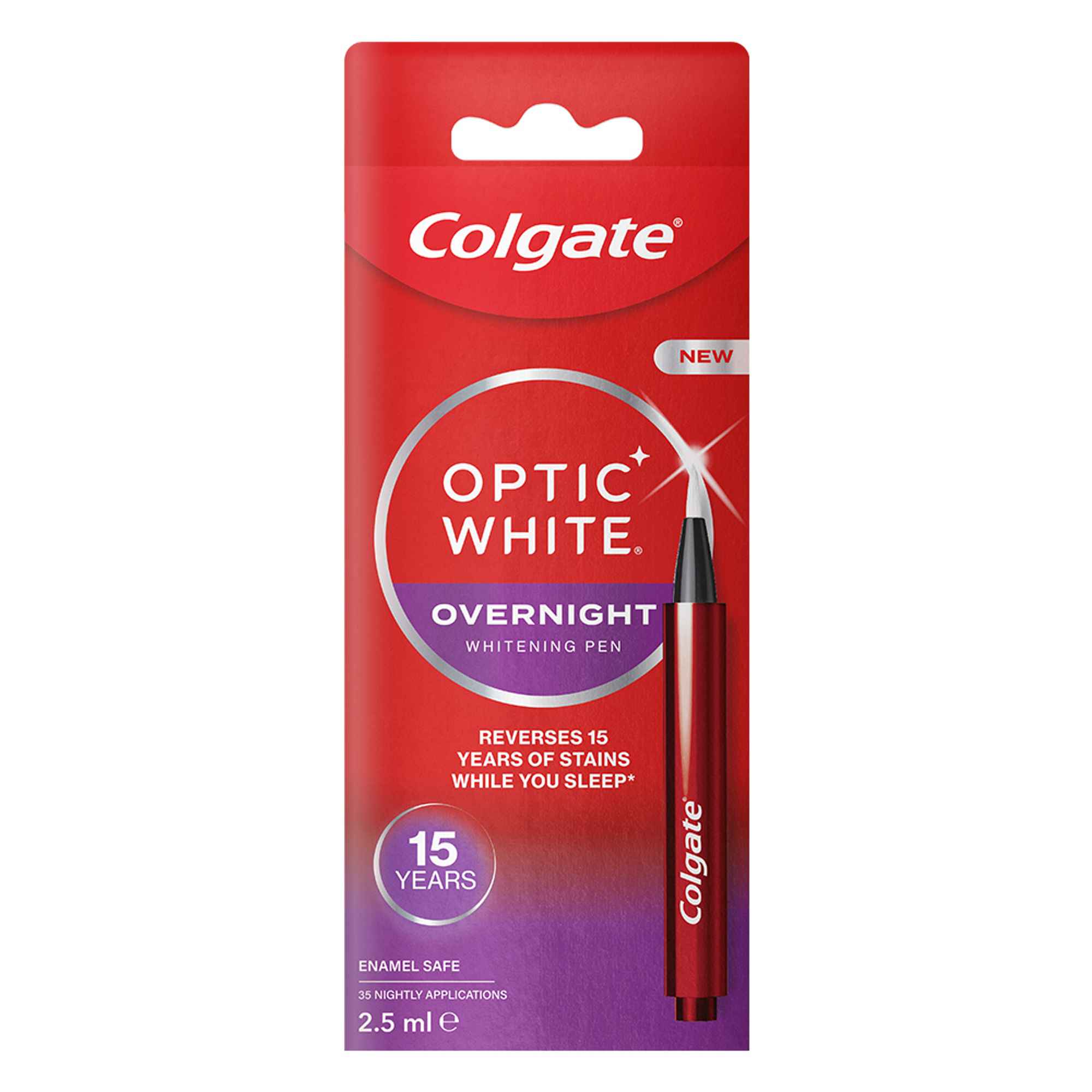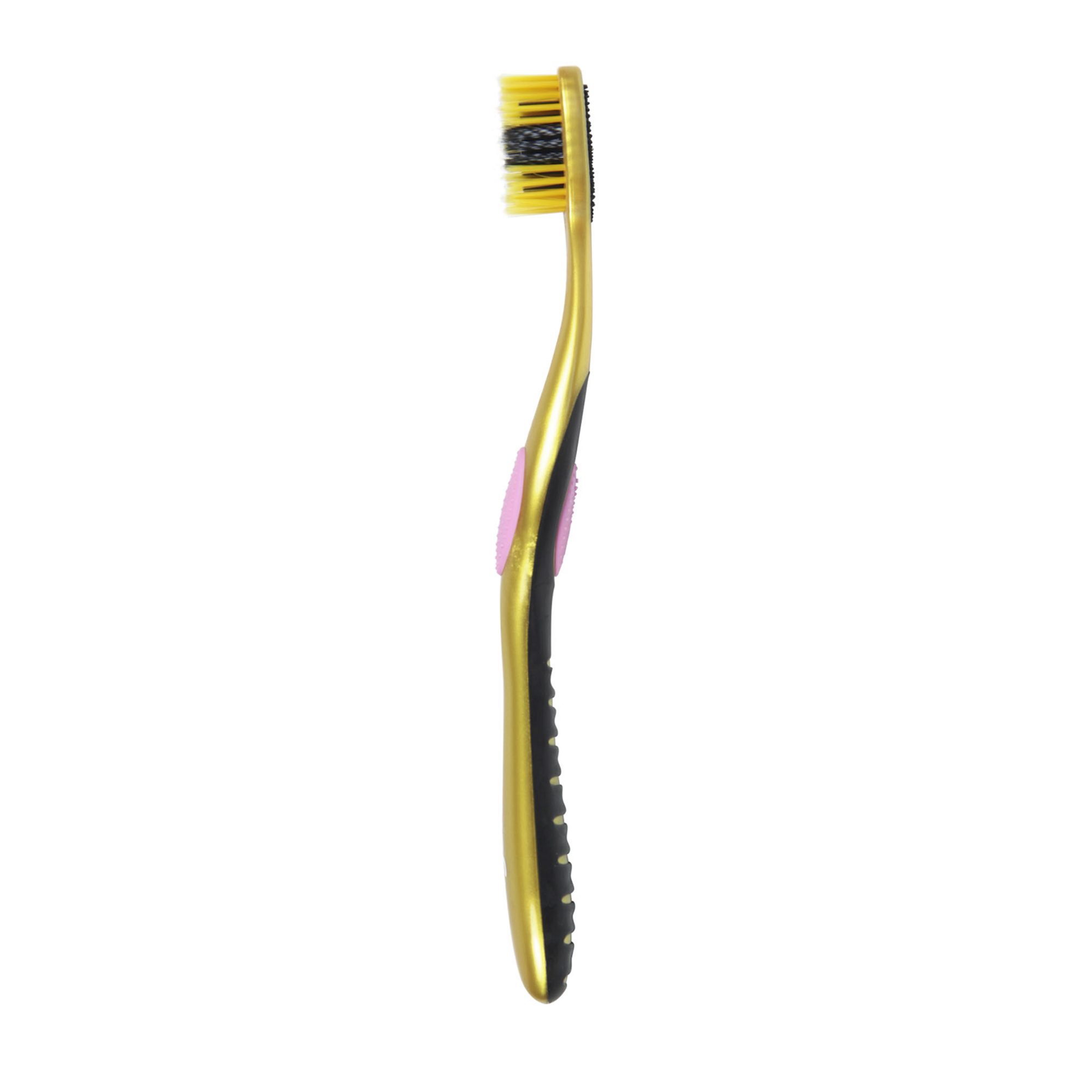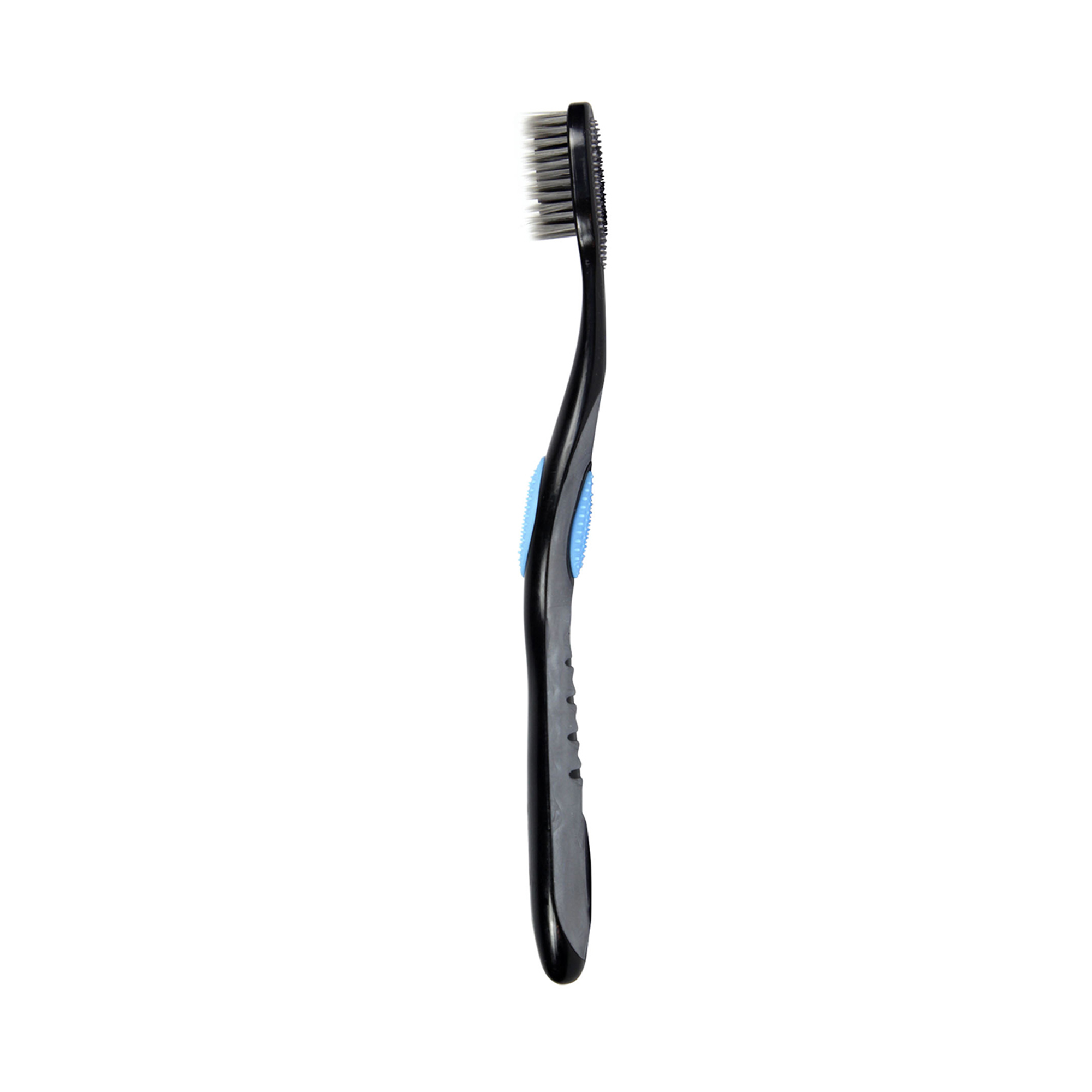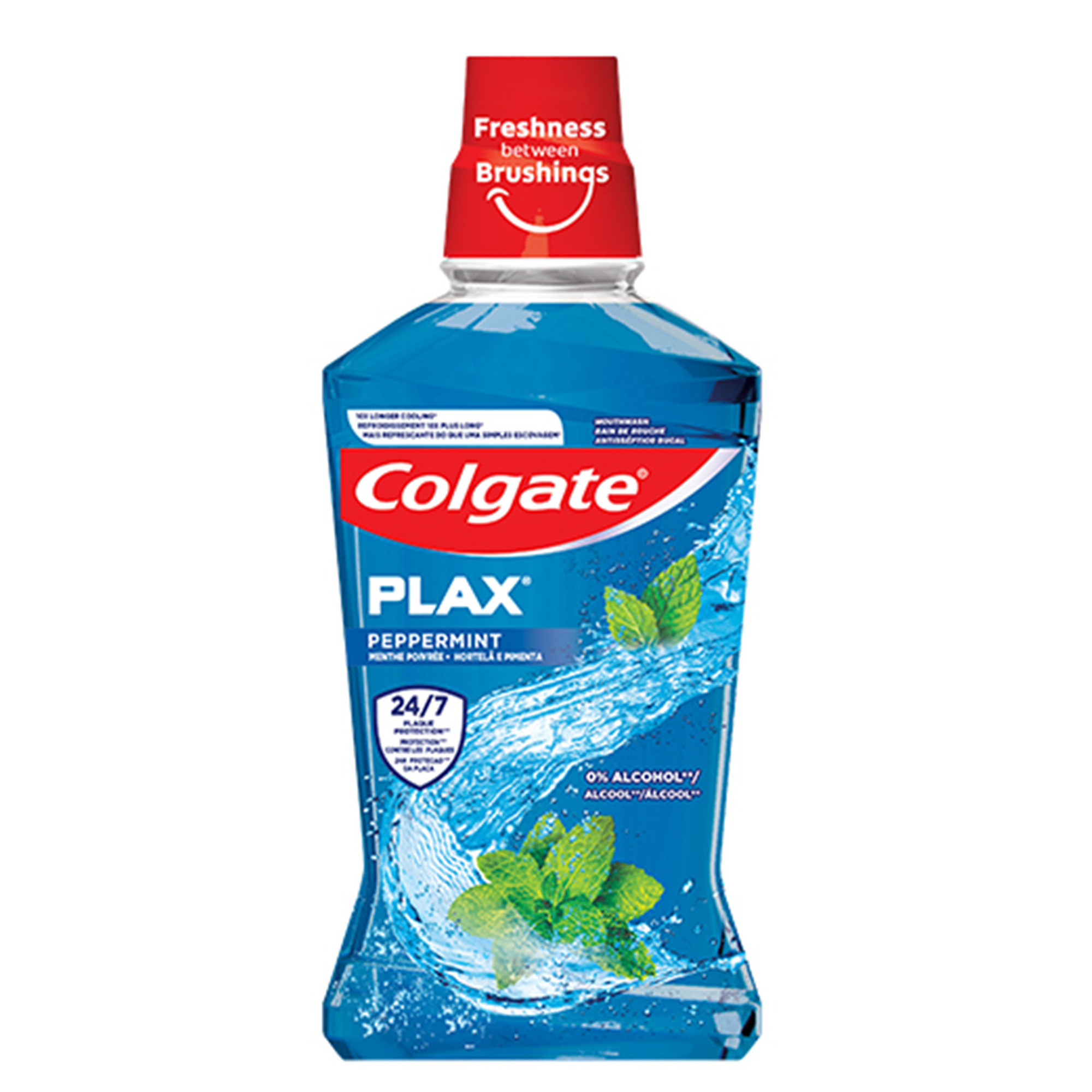-
-

NUTRITION AND ORAL HEALTH
What is Dental Public Health? A Look at How It Can HelpMany oral diseases can be prevented with routine care and regular dental checkups...

NUTRITION AND ORAL HEALTH
How to Limit the Effects of Sugar on TeethCookies, cakes, candy and sodas – everywhere you go, there are sugary treats to tempt...
-
Science & Innovation
- Colgate® | Toothpaste, Toothbrushes & Oral Care Resources
- Oral Health
- Tips for Easing Dental Fears


Whether you suffer paralyzing fear of the dentist or experience just a little apprehension, here are a few suggestions that can help make your next dental visit a positive experience.
Ask friends and family
If you don’t already have a dentist, ask people you trust about their own dentist and if they are happy with their provider. Word of mouth is a great way to find a good dentist.
Search for a dentist online
Many dental offices have web sites where you can learn about their practices, the type of services they offer, meet the staff and learn what values and goals the practice wants to achieve with patients. If you have found a few dental practices that look promising, ask friends and neighbors if they are patients or if they know anything about them.
Talk about your feelings
Once you choose a dentist, make sure you communicate with the dentist and staff. Don’t be shy! You are not the first patient who ever felt nervous or anxious. Convey your concerns and fears before a procedure or if you experience any discomfort during your visit. It is very important to have clear and open communication with your dental professional. Talking will make your dental experience more relaxed and pleasant.
Ask questions
Ask your dental team to inform you about the type of dental treatment they recommend based upon your unique oral health needs. Once a treatment plan has been developed, ask your dentist to explain the procedures in detail. Knowing what to expect before it happens can help put your mind at ease.
Relax
If you are uptight or nervous prior to a procedure, talk to the dentist about ways to make the experience easier. Nitrous oxide or other medications to help you relax can be prescribed depending on the level of your anxiety. The dentist and staff should make every effort to make your visit comforting and stress-free.
© Copyright 2010 Colgate-Palmolive Company
Related Products

Helping dental professionals
More professionals across the world trust Colgate. Find resources, products, and information to give your patients a healthier future

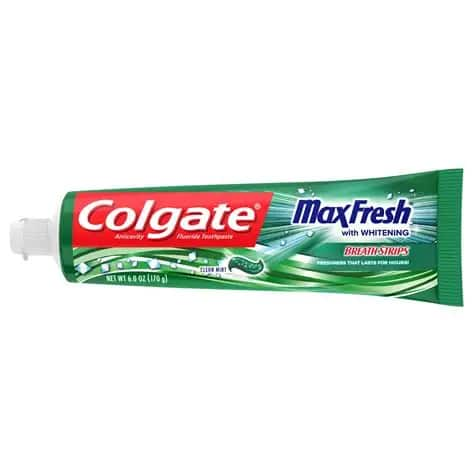
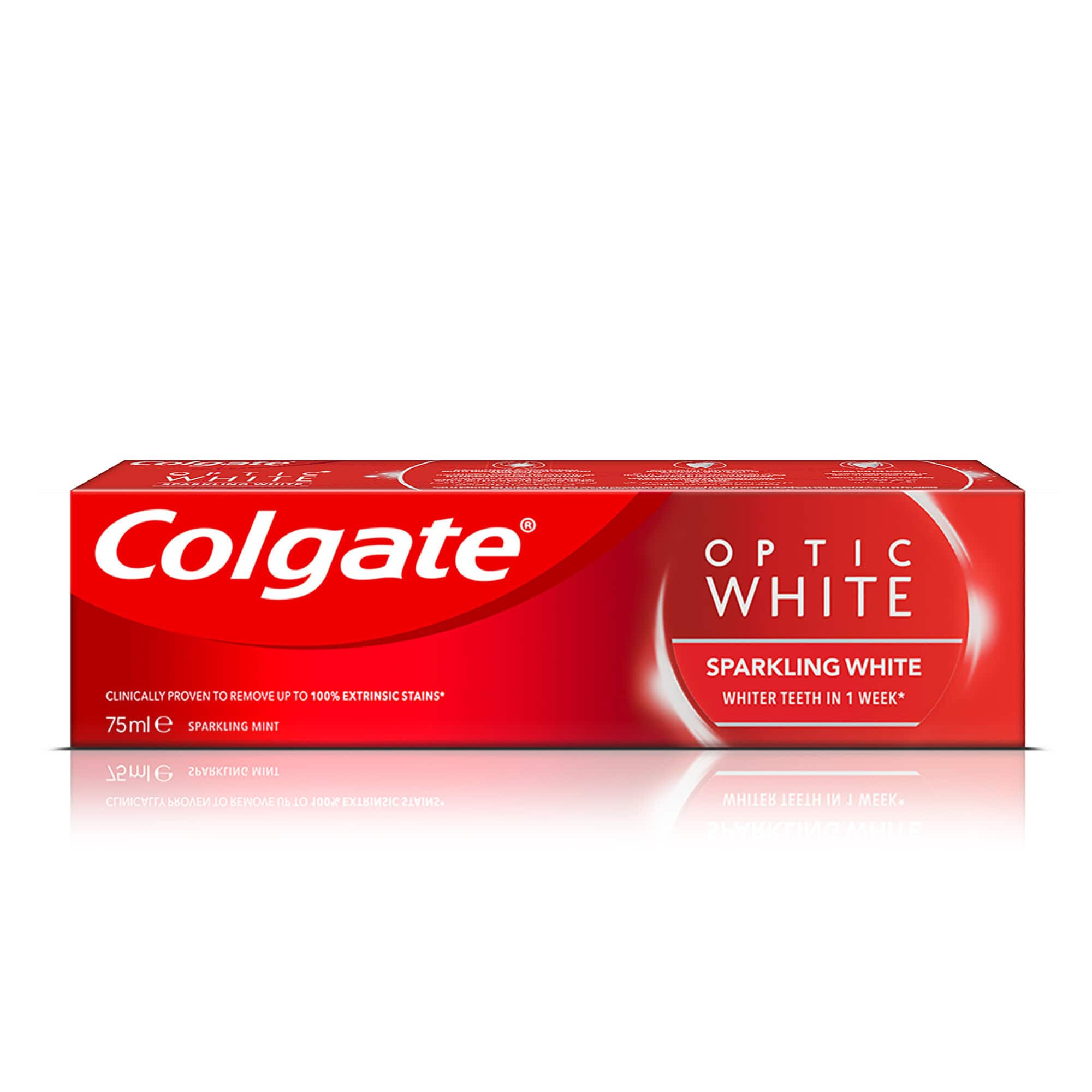
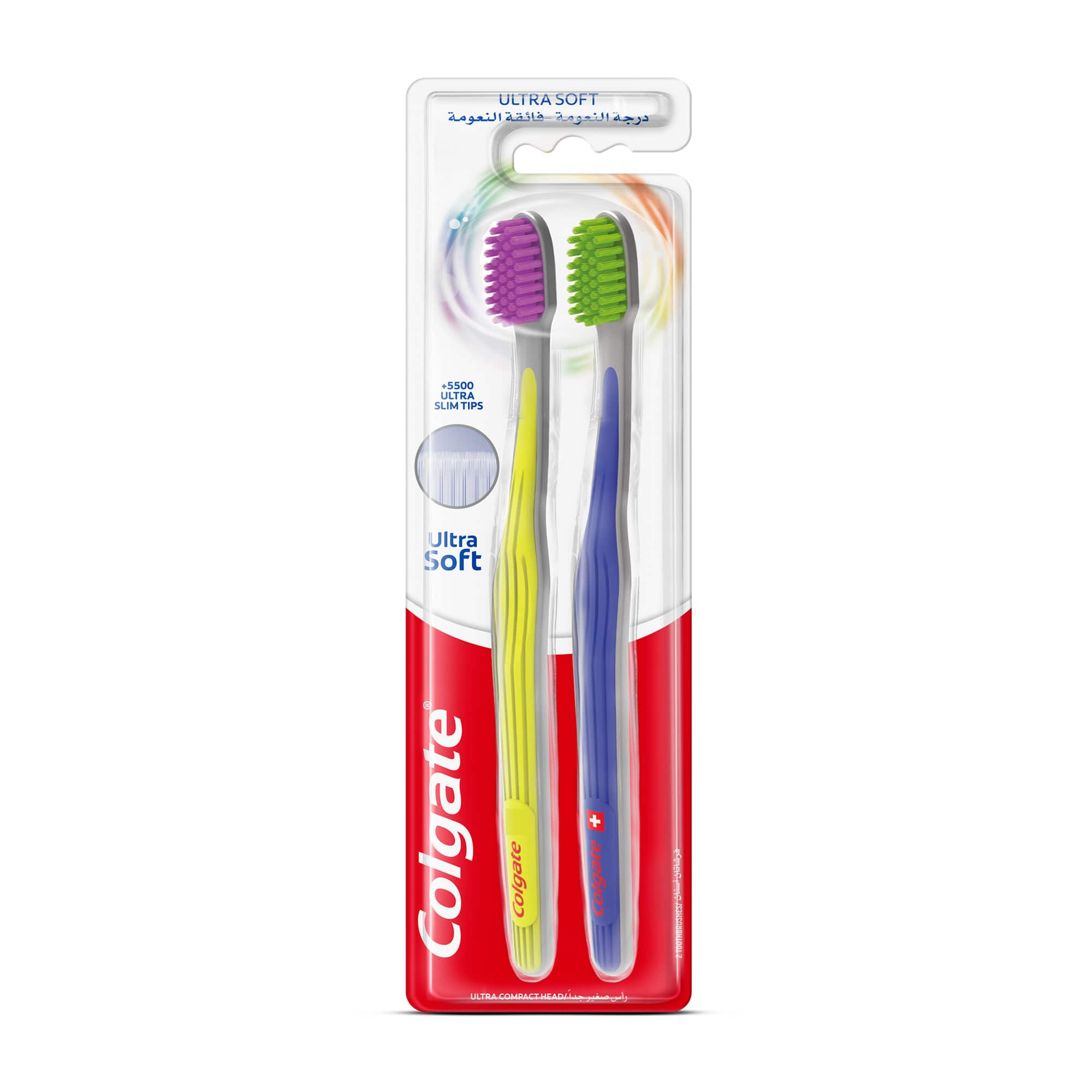
.jpg)


